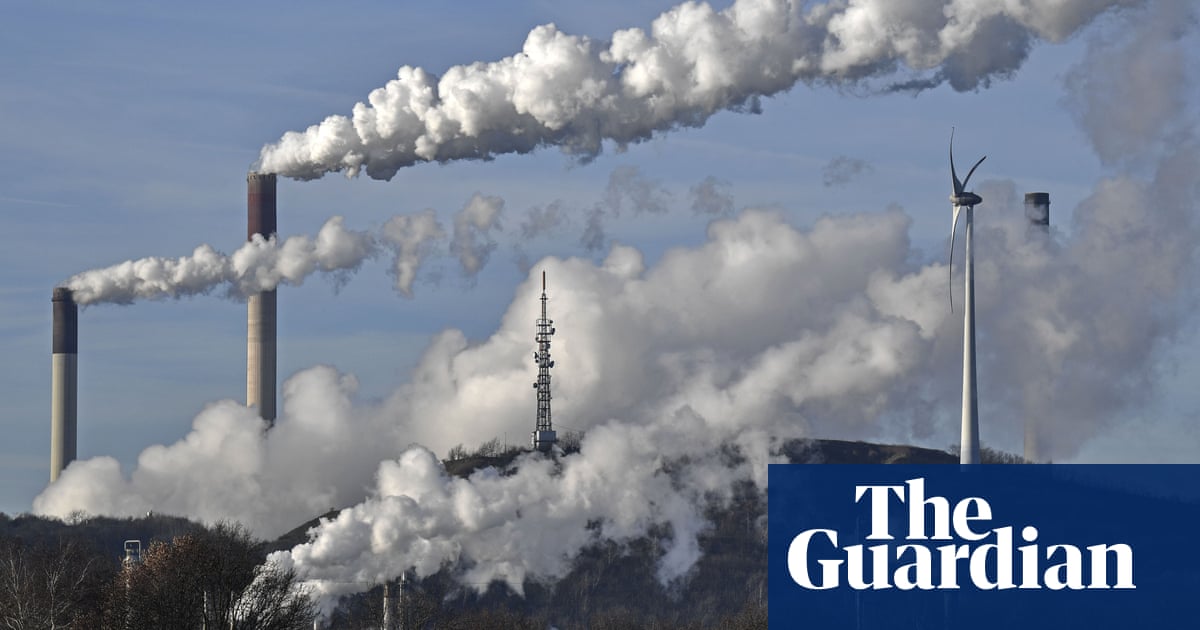You are here
Coronavirus pandemic prompts record drop in global emissions, study finds
Primary tabs
The Guardian
 Coronavirus pandemic prompts record drop in global emissions, study finds Lockdowns, travel bans and factory closures drive 4.6% reduction but dramatic decline falls short of efforts needed to limit global heating the Guardian
Coronavirus pandemic prompts record drop in global emissions, study finds Lockdowns, travel bans and factory closures drive 4.6% reduction but dramatic decline falls short of efforts needed to limit global heating the Guardian The Guardian, July 10, 2020
by Valerie York
Washington --The coronavirus pandemic has led to the largest drop in heat-trapping emissions in human history, according to a new study.
Lockdowns, travel bans and closed manufacturing sites have caused global emissions to drop by 4.6%, or 2.5 gigatonnes, according to a University of Sydney review of 38 regions and 26 sectors published in the journal Plos One. Fine particle pollution decreased by 3.8% and two other types of air pollution declined 2.9%: sulfur dioxide – which is linked to a number of respiratory issues, and nitrogen oxide, which leads to smog.
The largest emissions drops occurred in the United States and China, largely due to grounded air travel and a decrease in power, water and gas use, but they come with a large economic cost.
From late February to May, the study found the pandemic caused 147 million people, or 4.2% of the global workforce, to lose full-time jobs and triggered a $3.8tn drop in consumption, making it the worst economic shock since the Great Depression, according to co-author Arunima Malik.
Europe also saw a significant economic dip, but it lagged in emissions reductions because its economy is less reliant on fossil fuels.



Recent Comments